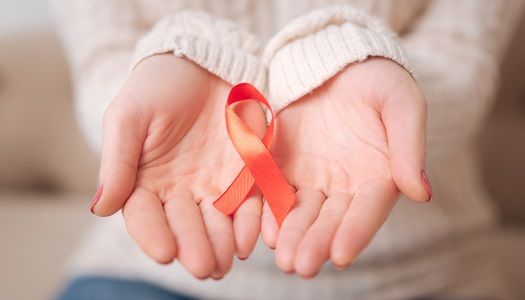Researchers Take Snapshot of Transgender Women with HIV
Unexpectedly, transgender women faced less discrimination when they had HIV.

When researchers set out to study how bias and prejudice affected Atlanta, Georgia’s black African American transgender women with the human immunodeficiency virus (HIV), they came up with an unexpected result: these women reported less discrimination because of their transgender status than their transgender peers who did not have HIV.
Nonetheless, the authors of the recent study also found other markers of what they called institutional racism: homelessness, unemployment, poverty, lack of education, no health insurance, and time spent in jail or prison.
“Sexually active transgender women living in a large urban area of the southern USA [Atlanta] may experience multiple intersecting social oppressions,” the authors wrote in the International Journal of STD & AIDS. “Despite a substantial prevalence of past and more recent forms of oppression, transgender women nonetheless were generally well adjusted given the multitude of intersection disadvantages in their lives…Additionally, independent of race, age, and social marginalization (not being employed or in school), HIV positive transgender women may experience relatively less trans-related stress compared to their uninfected counterparts.”
As a prelude to developing policies, laws, and regulations to help trans women with HIV, the researchers’ aim was to explore the impact of transphobia, racism, and classism in a southern city where there historically have been great differences in how the epidemic has affected racial and sexual minority groups.
Nationally, African American transgender women have had a high rate of HIV infection in comparison with white and Hispanic transgender women (56.3%, 16.7%, and 16.3%, respectively). In addition, the US Centers for Disease Control (CDC) has reported that the South has a disproportionate share of persons with HIV (44% off all people in the United States living with acquired immunodeficiency syndrome (AIDS)) and that 69% of all women diagnosed with HIV live in the South.
“One important question has been whether HIV-infected transgender women, residing in the southern US, may have added social and adjustment-related issues compared to their HIV-uninfected counterparts,” lead author, Laura F. Salazar PhD, a professor at the Georgia State University School of Public Health, and her colleagues explained.
They surveyed a cohort of 83 sexually active transgender women who were living in Atlanta, assigned male sex at birth, identified as either female, transgender, or other, and reported anal sex with cisgender or non-transgender males in the last six months. Of this sample, 83.7% were African American.
The researchers found that 60% of the transgender women surveyed self-reported being positive for HIV. Among the social disadvantages for the infected group were: not being employed full-time or not in school (55.4%), had engaged in commercial sex work (58.1%), had no health insurance (53.1%), were not taking HIV medication or had less than 100% adherence (40%), or had been in jail or prison (57.6%).
At the same time, the infected group was: less likely to report transgender abuse, reported less transgender discrimination, were happier with their appearance, and experienced less psychological impact of trans status. The authors suggested that these more positive experiences for transgender women in Atlanta might be more the result of institutional than personal racism, counseling, and support services they received, and the “relatively high level of familial support.”
Among the policy recommendations suggested in the study were: criminal justice and law enforcement education in order to reduce discrimination and harassment, interventions to increase economic opportunity and stability, and social marketing campaigns to reduce stigma and transphobia.
The study, “Contextual, experiential, and behavioral risk factors associated with HIV status: a descriptive analysis of transgender women residing in Atlanta, Georgia,” was published in the International Journal of STD & AIDS.
Related Coverage:
Tracking Transmitted HIV Drug Resistance in a Rural Southern Community
HIV: Researchers Say Hurtful Discrimination Leads to Risky Behaviors in US South
Physicians Turn to Twitter to Track HIV Transmission Behaviors